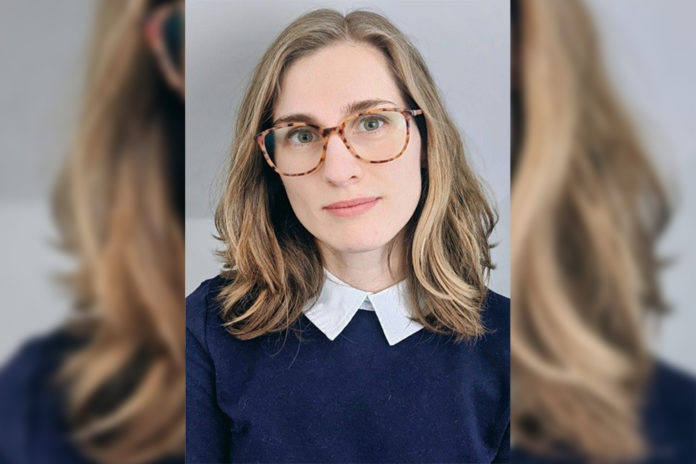
Mary MacLean, a St. Thomas University graduate, works with Defence Research and Development Canada as a defence scientist. She investigates the science and innovation that gives the Canadian Armed Forces and the Department of National Defence an edge over its adversaries. Born in Fredericton, MacLean originally went to STU for its journalism program after a co-op experience with CBC in high school.
While at STU, MacLean enrolled in Great Books, a class that explores various influential texts, which changed her perspective of the future.
“I’d never encountered these ideas before and it just kind of shocked me,” said MacLean. “I realized that I decided to go into journalism without really seeing what else was out there.”
With this realization, MacLean took different classes, including an introductory psychology class with now-retired professor Michael Houlihan. Studying the brain interested MacLean, and Houlihan allowed her to work in labs of graduate-level students while only in her second year.
“Seeing what I could do and given the opportunity to do it was what created that motivation and that drive to continue working in science,” said MacLean.
MacLean went on to pursue a graduate career in the field at Brock University.
While studying at Brock, she was introduced to a representative from DRDC Toronto. MacLean said she didn’t know there were government scientists and the prospect of serving the public engaged her.
“It sounded so interesting and cool, the idea that you would get to do science but you would also get to be serving others and the public good,” said MacLean.
As a woman in STEM, MacLean said social sciences are at times viewed as easier than other sciences, such as engineering or physics. MacLean said women seem drawn to social sciences and in turn, this type of science can be viewed as less important or impactful.
MacLean said she has noticed female-dominated positions generally seem to be viewed as less challenging, which she can’t attribute to the stigma but said it is undeniably present.
MacLean said another possibility could be that social sciences are more accessible due to the language that is used, language people use every day, but in fields such as physics, the language is far more obscure.
“That doesn’t mean it’s any more difficult to do or any more important, it’s just different,” said MacLean.
MacLean said that diversity of experience is important to the field of science, as this will ensure varying perspectives. MacLean said science is the emergence of ideas, and the more diverse the ideas, the more successful science is likely to be.
“It’s just important for us to have the best people regardless of their gender, sexual identity, nationality, religion, all of that,” said MacLean.
